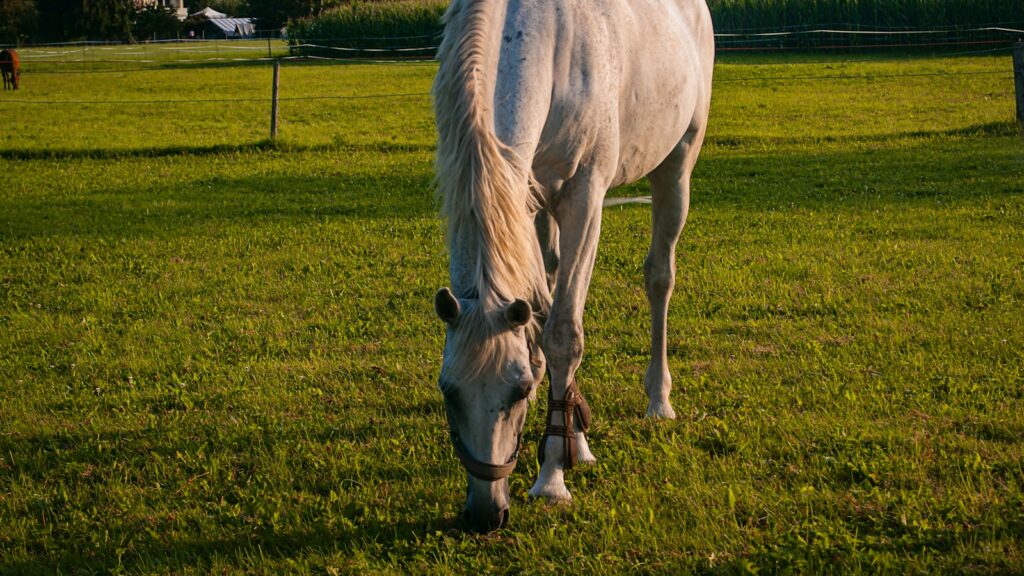Horses, magnificent creatures known for their strength and grace, are not immune to minor health issues that can affect their well-being and performance. While veterinary care is essential for serious conditions, many common equine ailments can be effectively managed with natural remedies derived from traditional wisdom and backed by modern understanding. These natural approaches often provide gentle yet effective relief while minimizing the need for chemical interventions. Whether you’re a seasoned horse owner or new to equine care, having knowledge of these natural alternatives can empower you to provide immediate comfort to your equine companion while waiting for professional care or treating conditions that don’t necessarily warrant a veterinary visit.
Understanding Natural Remedies in Equine Care

Natural remedies offer horse owners gentle alternatives that work with the animal’s body rather than overriding its natural processes. These treatments typically utilize plants, herbs, and other naturally occurring substances that have been used for centuries in both human and animal care. Unlike some pharmaceutical options, properly administered natural remedies often carry a lower risk of side effects and can be particularly valuable for minor, non-emergency situations. It’s important to note that natural doesn’t automatically mean safe—proper dosage, application methods, and knowledge of contraindications are crucial for effective and safe treatment. Always consult with an equine veterinarian familiar with both conventional and complementary approaches before implementing new treatments, especially for undiagnosed conditions.
Aloe Vera for Minor Skin Irritations and Burns

The cooling gel from aloe vera plants provides exceptional relief for minor skin irritations, sunburn, and superficial burns that horses may experience. This remarkable plant contains compounds with anti-inflammatory, antimicrobial, and wound-healing properties that make it ideal for equine skin care. Fresh aloe gel can be applied directly to the affected area after gentle cleansing, creating a protective barrier while delivering soothing compounds to the irritated tissue. For convenience, stable owners can keep aloe plants growing near the barn or use commercial pure aloe vera gel products specifically formulated for animal use. Regular application two to three times daily can significantly reduce healing time for minor abrasions and provide immediate comfort to your horse.
Chamomile for Digestive Discomfort and Anxiety

Chamomile stands as one of the most versatile herbs for equine care, offering benefits for both digestive and nervous system support. This gentle herb contains compounds that help relax the smooth muscles of the digestive tract, making it valuable for horses experiencing mild colic symptoms or digestive upset. Additionally, chamomile’s mild sedative properties can help calm anxious or stressed horses without the potent effects of pharmaceutical tranquilizers. It can be administered as a strong tea added to feed (once cooled), or in dried form mixed with other feeds at a typical dose of 1-2 tablespoons for an average-sized horse. Regular use during stressful periods like transportation or competition can help maintain digestive function and promote a calmer demeanor.
Apple Cider Vinegar for Multiple Applications
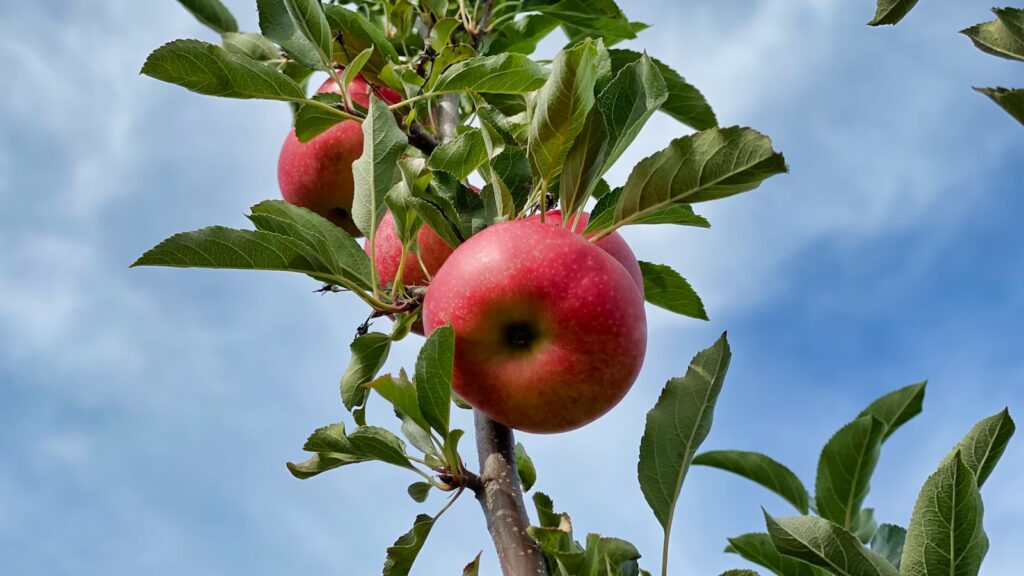
Raw, unfiltered apple cider vinegar (ACV) with “the mother” serves as a multi-purpose remedy in the natural horse care toolkit. When added to drinking water or feed at a rate of approximately 1/4 cup per day for an average horse, ACV can help support healthy digestive function by promoting beneficial gut bacteria and optimal pH levels. Externally, diluted ACV (1:1 with water) makes an effective rinse for minor fungal issues, helping to restore the skin’s natural acid mantle and create an environment inhospitable to fungal growth. Many horse owners also report improvement in coat quality and reduced susceptibility to biting insects when ACV is used regularly. The natural potassium content of ACV may additionally help with electrolyte balance, especially beneficial during hot weather or intense exercise.
Honey for Wound Care and Healing
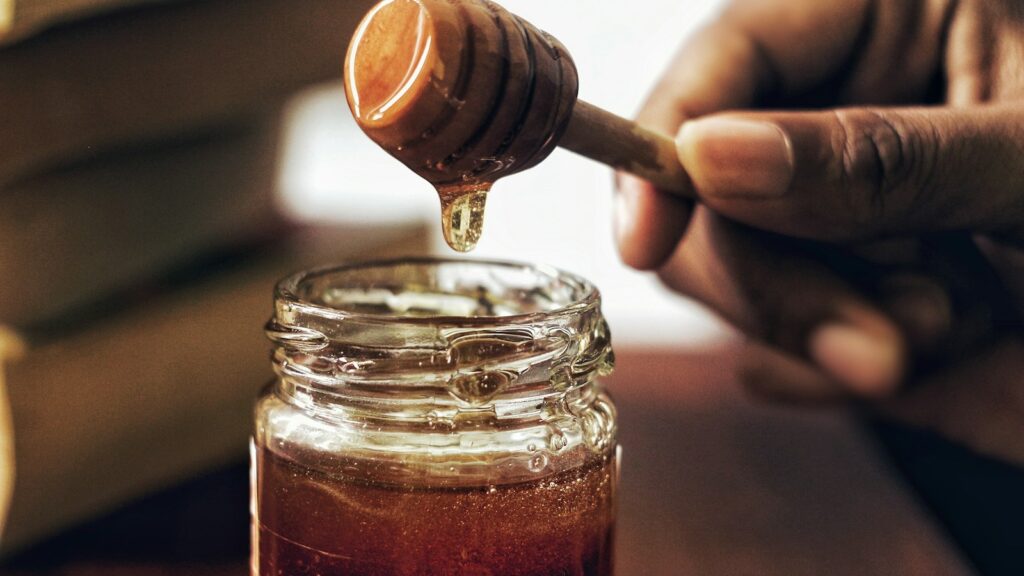
Raw, unpasteurized honey, particularly varieties like manuka honey, offers remarkable antimicrobial properties that make it an excellent natural treatment for minor wounds and abrasions on horses. The high sugar content creates an environment that inhibits bacterial growth, while its natural acidity and enzyme content further enhance its protective qualities. When applied to clean wounds, honey creates a protective barrier that maintains moisture while preventing infection, often accelerating the healing process. For best results, apply a generous layer of raw honey directly to the cleaned wound and cover with a breathable bandage if possible, changing the dressing daily. Medical-grade honey products specifically formulated for wound care are now available through many veterinary suppliers, offering convenient application methods for equine injuries.
Comfrey for Strains, Sprains and Bruising

Often referred to as “knitbone” in traditional herbalism, comfrey contains compounds like allantoin that support cell proliferation and tissue repair, making it valuable for minor muscle strains, bruising, and tendon issues in horses. This powerful herb is typically applied externally as a poultice or in the form of comfrey-infused oils and salves rather than being administered internally. To create a simple comfrey poultice, fresh or dried leaves can be moistened with warm water, applied to the affected area, and secured with a breathable wrap for several hours. Commercial comfrey salves are also readily available through equine supply retailers and can be massaged into affected areas twice daily. While using comfrey externally, it’s important to ensure the skin is not broken, as rapid healing of the outer skin can sometimes trap infection beneath if wounds aren’t completely clean.
Garlic for Respiratory Health and Natural Pest Control

Garlic has earned its reputation as a powerhouse in equine natural health, particularly for respiratory support and as a natural fly repellent. When added to feed in appropriate amounts (typically starting with small amounts of 5-10g daily for an average horse and gradually increasing), garlic helps support the immune system and may reduce the severity of respiratory issues due to its natural antibiotic properties. The sulfur compounds in garlic, which are excreted through the skin and respiratory system, create an environment less attractive to biting insects and may help horses with seasonal allergies or chronic respiratory conditions. However, moderation is crucial as excessive garlic consumption can potentially affect red blood cells in horses, so it’s best used cyclically rather than continuously throughout the year. Many commercial garlic supplements specifically formulated for horses offer convenient measurement and administration options.
Epsom Salts for Hoof Abscesses and Muscle Recovery
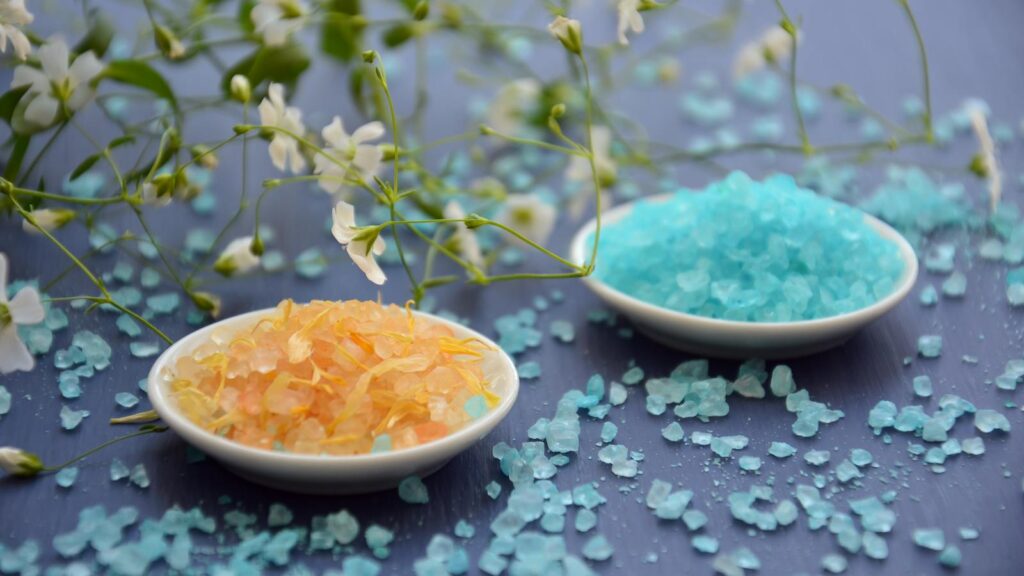
Epsom salts (magnesium sulfate) provide a simple yet effective treatment for drawing out hoof abscesses and reducing inflammation in equine injuries. When dissolved in warm water at a concentration of approximately two cups per gallon, Epsom salt soaks create an osmotic effect that helps pull infection from a hoof abscess while simultaneously reducing inflammation and softening hoof tissue to promote drainage. For muscle recovery after intensive work, Epsom salt poultices can be applied to sore or tight muscles to reduce lactic acid buildup and provide relief from strain. A warm Epsom salt compress applied to joints may also help manage minor inflammation and improve comfort for horses with arthritic conditions. The soak should typically last 15-20 minutes and can be repeated twice daily until improvement is observed.
Lavender Essential Oil for Insect Repellent and Calming
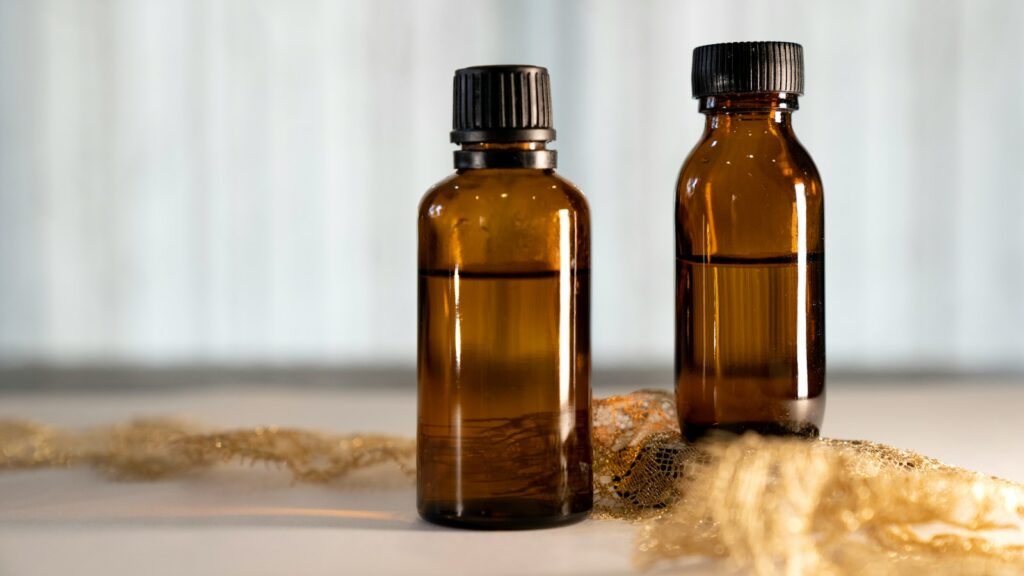
Lavender essential oil serves dual purposes in equine care, functioning as both a natural insect repellent and a mild calming agent for anxious horses. When properly diluted in a carrier oil like sweet almond or coconut oil (typically at a 1-2% dilution rate), lavender can be applied to areas where flies tend to congregate, such as around the face, ears, and legs. The pleasant aroma masks the scents that attract biting insects while also providing a gentle calming effect that can help horses remain relaxed during stressful situations like loading, clipping, or veterinary procedures. For environmental application, several drops of lavender oil can be added to a spray bottle with water and a small amount of witch hazel to create a coat-friendly fly spray. Always perform a patch test before widespread application and avoid using essential oils on sensitive areas or broken skin.
Turmeric for Inflammatory Conditions
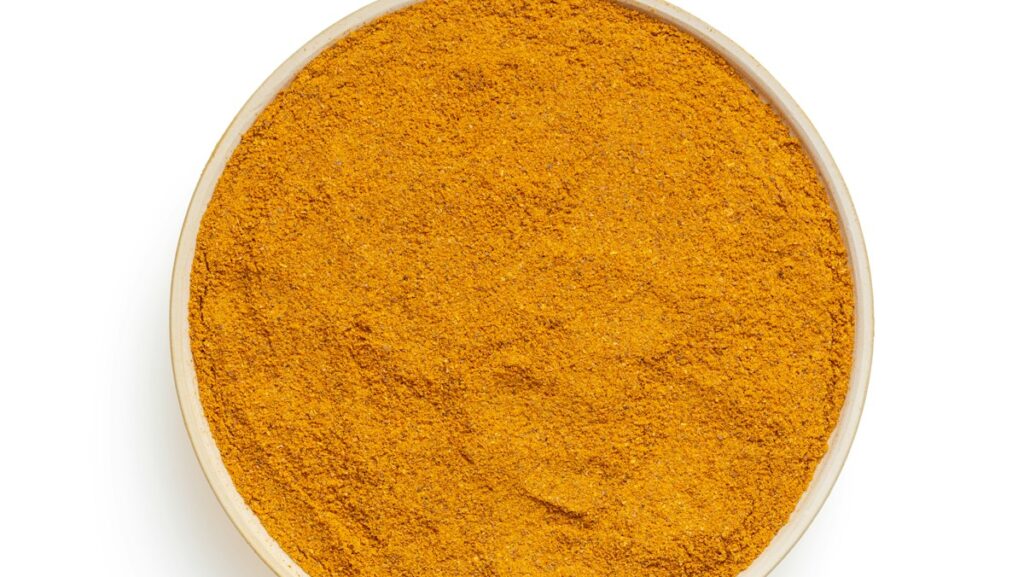
Turmeric has gained significant attention in equine care for its powerful anti-inflammatory properties, primarily attributed to its active compound curcumin. For horses experiencing mild arthritis, joint stiffness, or recovering from soft tissue inflammation, turmeric can be incorporated into the diet at a rate of approximately 1-2 tablespoons daily for an average-sized horse. The bioavailability of curcumin increases dramatically when combined with black pepper (containing piperine) and a healthy fat source like cold-pressed oil, making these important additions to any turmeric supplementation program. Commercial equine turmeric supplements often already contain these bioavailability enhancers along with precise dosing guidelines. Many horse owners report visible improvement in mobility and comfort within two to four weeks of consistent supplementation, particularly in older horses or those with a history of athletic demands.
Calendula for Eye and Skin Conditions

Calendula (pot marigold) stands out as a gentle yet effective remedy for minor eye irritations and skin conditions in horses. This bright orange flower contains compounds with antimicrobial, anti-inflammatory, and wound-healing properties that make it particularly valuable for sensitive tissues. For minor eye irritations, a cooled, strained calendula tea can be used as a gentle rinse or applied with a clean cloth to the eye area, helping to reduce redness and irritation without the harshness of some conventional treatments. For skin applications, calendula-infused oils or salves can be applied to minor dermatitis, sunburn, or areas of dry, cracked skin to promote healing and reduce discomfort. Commercial calendula products formulated specifically for animals are readily available and provide consistent potency and convenient application methods for regular use in equine care routines.
Slippery Elm for Digestive Support

Slippery elm bark powder offers remarkable soothing properties for the entire digestive tract, from mouth to intestines, making it invaluable for horses with mild ulceration, digestive upset, or recovering from digestive disturbances. This herb works by creating a mucilaginous coating that protects irritated tissues while also providing mild prebiotic benefits that support beneficial gut bacteria. For acute digestive discomfort, one to two tablespoons can be mixed with enough warm water to create a gruel-like consistency, then administered via syringe or added to feed once cooled. The inner bark’s gentle nature makes it suitable for long-term use in horses prone to digestive sensitivity, particularly those on high-grain diets or experiencing stress from competition or transportation. Slippery elm can also be valuable for horses recovering from illness or antibiotic treatment, helping restore digestive comfort and function during the recovery process.
When to Seek Veterinary Care

While natural remedies can be effective for minor ailments, recognizing the boundaries of self-treatment is essential for responsible horse care. Any condition involving severe pain, significant lameness, persistent fever, dramatic behavioral changes, or failure to eat or drink requires immediate veterinary attention, regardless of what natural treatments you might be considering. Wounds that are deep, heavily contaminated, or involve sensitive areas like joints or eyes should always be evaluated by a veterinarian, even if you plan to incorporate natural healing supports later in the recovery process. Similarly, digestive issues that don’t resolve quickly, respiratory conditions affecting breathing, or any problem that worsens despite treatment warrants professional assessment. The best approach often combines conventional veterinary care with complementary natural support under professional guidance, ensuring your horse receives comprehensive care tailored to their specific needs.
conclusion

Natural remedies offer horse owners valuable tools for managing minor equine ailments while supporting their animals’ innate healing capabilities. These time-tested treatments, when used appropriately and with proper knowledge, can reduce the need for chemical interventions while providing gentle relief for common conditions. As with any approach to equine health, education, observation, and partnership with knowledgeable veterinary professionals create the foundation for successful care. By incorporating these natural options into a comprehensive health management program, horse owners can address minor issues promptly while supporting their horses’ overall well-being through methods that work with their natural physiology. Remember that natural care isn’t about rejecting conventional medicine, but rather about expanding your toolkit to provide the most appropriate care for each situation your equine companion faces.

